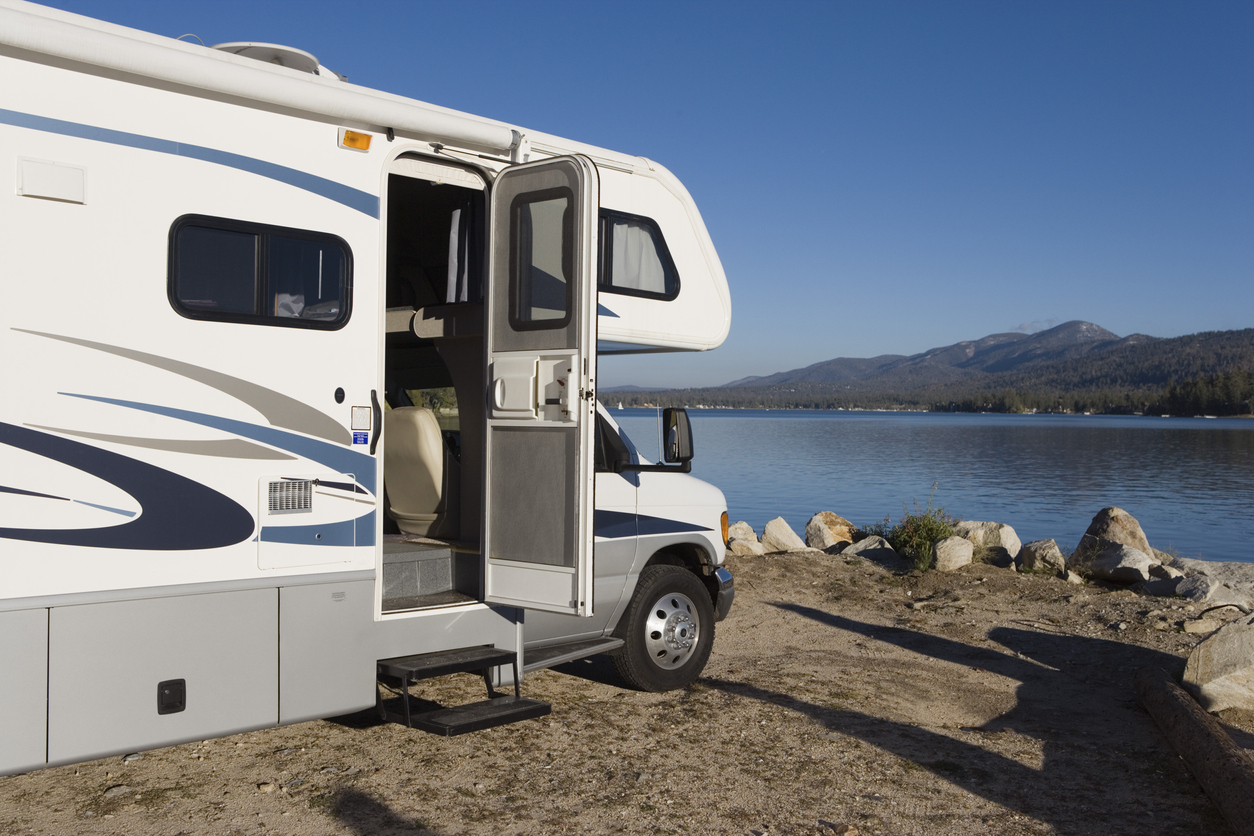
A recreational vehicle offers the perfect way to explore the country during summer vacation. However, you’ll need to get a few things in order before you seek adventure. In addition to securing supplies, planning a route, and recruiting a few friends, you should buy RV insurance. The right policy can provide peace of mind, protecting you from various risks associated with the open road. Here’s everything you should know about RV policies to ensure you find the right coverage.
Purpose of RV Insurance Coverage
With an estimated 76,000 RV accidents occurring every year in the United States, an RV policy is a must. It covers a lot of the same things regular as auto insurance:
- Uninsured/Underinsured Motorist Coverage: If an uninsured motorist strikes your RV, this coverage will pay for your medical bills and property damage.
- Personal Property Insurance: This coverage protects private property, such as electronics, you may have in your RV during the collision.
- Comprehensive Coverage: If a wild animal, inclement weather, or a criminal damages your vehicle, this coverage helps you pay for repairs.
- Collision Coverage: If your RV collides with something (such as a road railing or highway debris), you can use this coverage for repairs.
- Liability Coverage: RV accidents can damage property and injure fellow motorists. If you were negligent (for example by failing to take the proper precautions to avoid backovers or staying on the road despite a storm advisory), the injured party might sue you. Liability insurance covers legal fees, third-party medical expenses, and damaged property repair or replacement.
By choosing RV insurance with all of the above, you protect yourself, your vehicle, and your belongings from whatever waits on the open road.
Benefits of Comprehensive RV Insurance Coverage
RV insurance coverage ensures you can enjoy your trip without worrying about “what ifs.” Even if you’re a conscientious driver, there’s always the chance of a collision, which can have severe legal and financial consequences. Comprehensive coverage takes the pressure off, allowing you to focus on getting your vehicle back on track.
Consider other scenarios where an RV insurance policy is beneficial, too, such as if you own a tiny house. RV insurance may be more appropriate than a homeowner’s policy depending on your state and the dimension of your tiny house on wheels. In this case, protecting your belongings is vital, as your THOW contains not just travel items but expensive belongings you utilize daily. Fortunately, the right policy will help you replace them, even in the case of theft.
You also don’t have to worry about the stress of legal proceedings should a third party sue. The insurance company handles securing a lawyer, filing paperwork, and tracking deadlines, allowing you to focus on recovering.
Consequences of Not Having RV Insurance
While laws vary by state, most locales specify a minimum amount of coverage for RVs. You may be in for a hefty fine, a suspended license, or even jail time if you get pulled over.
RVs are also expensive investments. If you don’t have RV insurance, there’s a chance your vehicle will sustain massive damage, and you’ll have no resources to repair or replace it.
Importance of RV Insurance
Staying safe on the road takes more than a watchful eye — it requires the right RV insurance. With the help of an insurance agent, you can protect your valuables and even save money. Knowing you have coverage provides the peace of mind to enjoy your next summer adventure.
About Provident Protection Plus
For more than 65 years, Provident Protection Plus has served the businesses and residents across several states nationwide. Today, we are a wholly-owned subsidiary of Provident Bank, the region’s premier banking institution. To learn more about our coverage options, contact our specialists today at (888) 990-0526.



